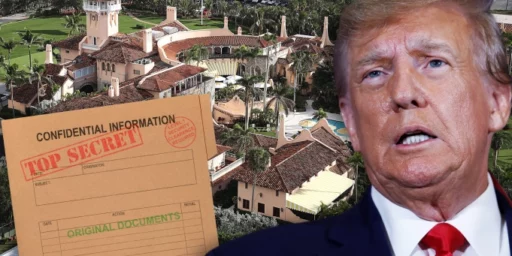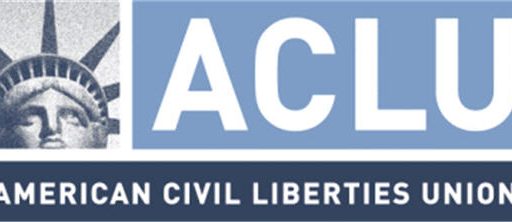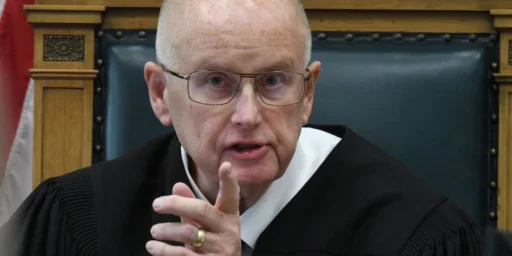ACLU’s Document Shredding Raises Serious Questions
The American Civil Liberties Union knows that it can expect to hear cries of “Hypocrisy!”
Concerns Arise at A.C.L.U. Over Document Shredding (NYT | RSS)
The American Civil Liberties Union has been shredding some documents over the repeated objections of its records manager and in conflict with its longstanding policies on the preservation and disposal of records.
The matter has fueled a dispute at the organization over internal operations, one of several such debates over the last couple of years, and has reignited questions over whether the A.C.L.U.’s own practices are consistent with its public positions.
The organization has generally advocated for strong policies on record retention and benefited from them, most recently obtaining and publicizing documents from the government about prisoners at Guantánamo Bay, Cuba.
The debate over the use of shredders is reminiscent of one late last year over the organization’s efforts to collect a wide variety of data on its donors, even as it criticizes corporations and government agencies for accumulating personal data as a violation of privacy rights.
Janet Linde, who oversaw the A.C.L.U.’s archives for over a decade until she resigned last month, raised concerns in e-mail messages and memorandums for over two years that officials’ use of shredders in their offices made a mockery of the organization’s policy to supervise document destruction and created potential legal risks.
“It has been shown in many legal cases over the years, including the Enron case, that if a company has an established and documented shredding program they will not be liable if documents at issue in a lawsuit are found to have been destroyed,” Ms. Linde wrote in a 2003 memo. “If, however, the means for unauthorized shredding is present in the office we cannot say that we have made a good faith effort to monitor and document our records disposal process.”
Ms. Linde said she was disturbed that her correspondence had become public and declined to comment further. A spokeswoman for the organization, Emily Whitfield, declined to answer specific questions but made the following statement: “The A.C.L.U.’s records management policies have always been of the highest standards in keeping with, if not more stringent than, those of other nonprofits.”
I salute Linde for challenging her colleagues to meet high standards. But we should remember the following statement from her boss, Nadine Strossen:
Since the ACLU’s beginning, we have worked closely with archivists. In the organization’s very first year of existence—way back in 1920—we arranged for our papers (and those of our predecessor organization) to be archived at the New York Public Library. I realize from your fine Web site that the archival profession was then quite new, so I’m especially impressed by how prescient the ACLU’s founders were in understanding the importance of preserving our organizational records. And also in stressing that the records should be open to any member of the public who wanted to see them!
I’ve seen the exchange of letters between the ACLU’s founders and the New York Public Library, setting up our original archives. They’re very impressive documents. My favorite is a December 17, 1921, letter from the ACLU’s principal founder, Roger Baldwin, to Mr. E.H. Anderson, the Library’s director. The ACLU was founded to counter the unjustified suppression of civil liberties during World War I and the ensuing “Red Scare” in the name of national security. So our early history has eerie echoes in the current milieu.
Indeed. There must be unease in Baldwin’s grave. After all, “the first, essential prerequisite for rectifying any human rights abuse is documenting it.”






No hat tip?
I saw the article on my RSS feed, Jay. Who would I tip?
As an organization grows, it will engage in documented or undocumented best practices for large organizations.
Unfortunately, that applies to organizations that oppose the practices in question. They must choose between growth or sticking to their principles. Principles have such limited budgets.
I apologize Robert, I sent an email about this to several of you more esteemed bloggers about this earlier. I kept checking and, well, anyway…thanks for spreading this news.
Any way we have a petition to get Congress to investigate this here
A petition?! That is amusing. How is this important to anything? Whether you agree with what they do or not, the fact is the ACLU is not a governmental organization, and they are not a publically owned and traded corporation. Who cares if they are not keeping every piece of paper generated? Exactly what “public trust” is violated here?